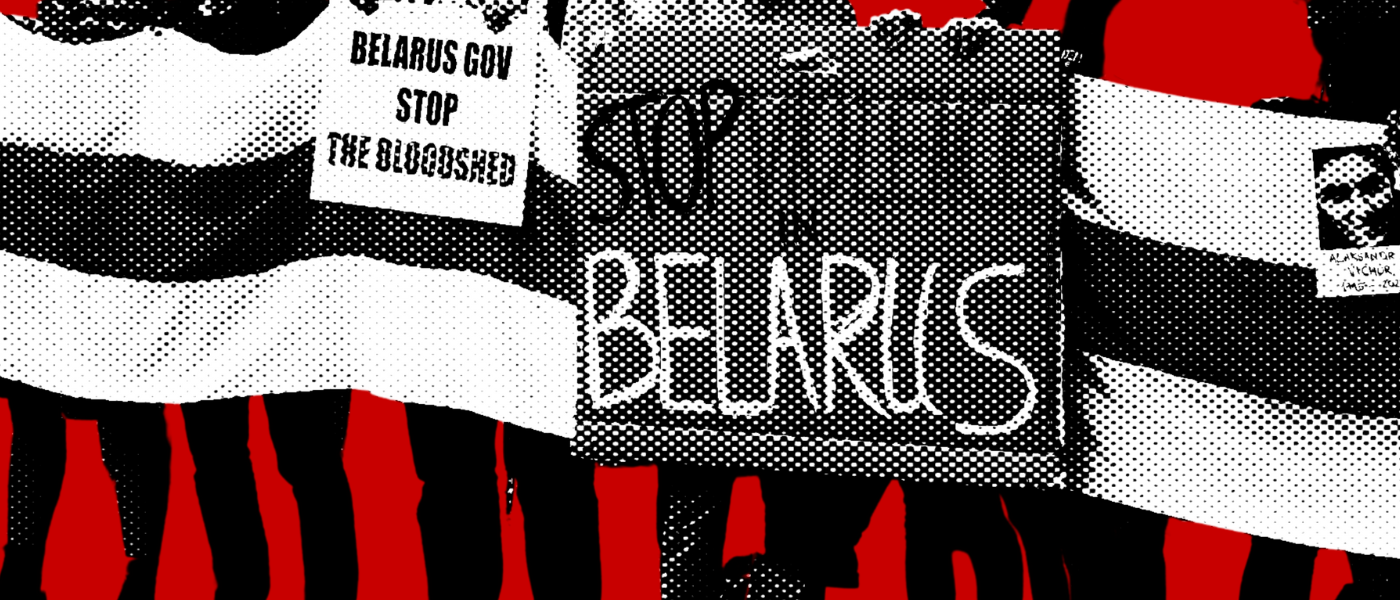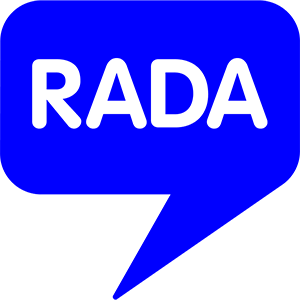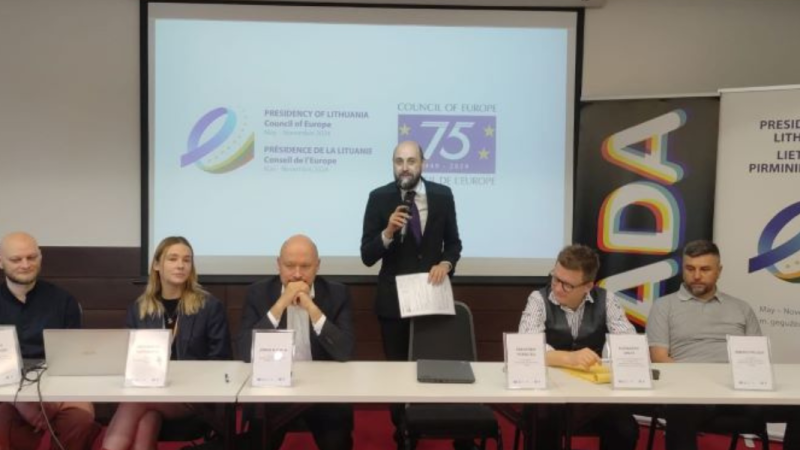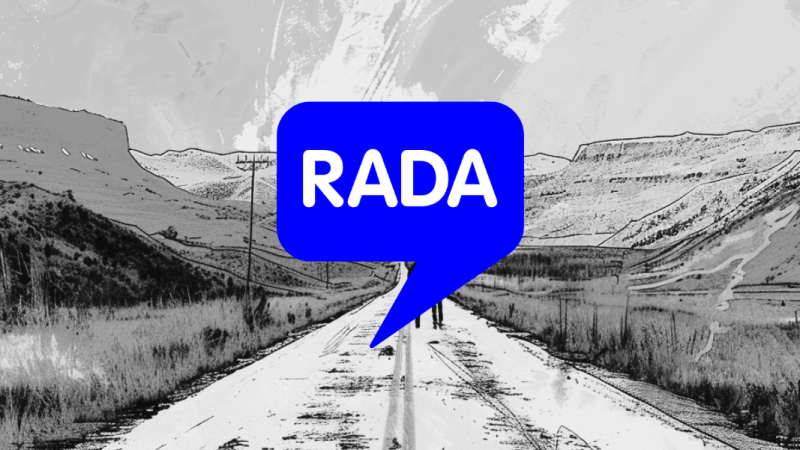Why are Belarusian students in prison?

Almost four months ago ten people who had served their entire sentence under the “Students’ case” were released. Ten young people were imprisoned only for disagreement with the Belarusian regime.
However, the “Student Case” is a loud, but far from the only case of repression among students. Young people are detained, expelled from educational institutions, and imprisoned. More than 50 young men and women have appeared in politically motivated criminal cases: their studies, friends and girlfriends, years of youth were stolen from them. Therefore, today we will talk about several little-known cases of cruel and unjustified harassment of students and female students by the Belarusian authorities.
The student who put the sticker on

Rita Zotava, a 21-year-old student, was sentenced to two years in prison for sticking a sticker on a street pole on her way home from a party in her home town of Chachersk, in the company of some friends. Prior to her arrest, she studied psychology at the Francysk Skaryna State University. The investigation found that the stickers posted by Rita and her friends were insulting to security forces.
However, she was tried under articles for acts grossly violating public order and for “desecration of buildings”. However, freedom of speech, guaranteed by the Constitution of Belarus (Article 33) and the Universal Declaration of Human Rights (Article 19), is considered not only as expression of opinion, but also its dissemination, which, in fact, Rita did. Whether the content of the stickers fell within the scope of this freedom of everyone, no one considered it necessary to find out, therefore, according to the presumption of innocence, Rita did not have to explain the contrary and prove her innocence.
However, apart from the absurdity of the charge for the sticker, the question of the proportionality of the punishment immediately arises. In a democratic state, even if the same “damage to property” had been proved, the student would probably have been sentenced to a fine that would have covered the repair of the same property.
After a while, Rita was expelled from the university. Formally, for failing to attend a session, which began a week after her arrest.
Student who defended participants in peaceful assemblies

Yauhen Kalinouski, a 24-year-old student at the Belarusian State University before his arrest. He interned abroad – in the USA, for instance, and was awarded the prize “Man of the Year of Vitebsk”. He was also included in the fund to support gifted youth created by the Belarusian authorities.
However, when Viktor Babariko and Valeriy Tsepkalo were not registered as presidential candidates, Yauhen Kalinouski came out in peaceful protest – freedom of peaceful assembly is guaranteed to everyone by the Constitution (Article 35) and the Universal Declaration of Human Rights (Article 20). ). When the protesters began to be unreasonably detained, he considered the actions of the riot police cruel and unfair, he was outraged, so he tried to stop them. Throughout the trial, the young man insisted that he had not intentionally used force against the police officers and had acted solely by peaceful means — which falls under the provisions of the Article on freedom of peaceful assembly, which is guaranteed to everyone.
However, for grabbing one of the policemen by his clothes, he was accused of “violence towards a police officer”, although the law enforcers began to use violence against Yauhen — beating him with their fists, feet and stamps. Thus, his freedom from torture was also violated. He was then arbitrarily detained — a violation of the Constitution (Article 25) and the Universal Declaration of Human Rights (Article 5).
In addition, during his last statement, the young man himself emphasised that his actions were “primarily caused by the influence of the police officers on the people there, which has been morally and ethically condemned by the society of the Republic of Belarus and the international community. And there was an unequivocal public condemnation. And I agree in principle with this assessment and for this reason I acted in the circumstances as it turned out”.
The student who administered the chat

Artsiom Bayarski, a 21-year-old student of the chemistry department of the BSU, was a student before his arrest. He was expelled from the faculty when the political persecution became known, but Vytautas Magnus University in Kaunas enrolled him in the “biotechnology” program. Vytautas Velikas enrolled him in the “biotechnology” program: the young man will continue his studies immediately after his release. In the worst-case scenario, however, this would not happen for several years: Artem was sentenced to five years’ imprisonment.
He has been formally accused of running chat forums and participating in one of the marches. However, it is difficult to declare his actions unlawful as freedom of peaceful assembly and expression is guaranteed to every citizen by a number of documents. Of course, restrictions may be imposed on them, but at the time of Artem’s detention, the chat forums in which he was accused of participating were not recognised as “extremist formations” (although even this fact would only add to the formal legality of the actions of the Belarusian authorities). Furthermore, it was not proven that the March was not peaceful in nature.
Moreover, Artsiom ‘s detention violated his freedom from torture, a right that should not be restricted in any way. Artem was first beaten in detention and then to record a “confession” video. Recording such a video also violates the student’s rights: freedom of opinion is not only about expressing an opinion, but also about not expressing it.
This is by no means the whole list of harassment of the Belarusian youth who wanted change for the better. However, all these people are undoubtedly the future of Belarus, so now those who are out there should support them in such a difficult period in their lives.



